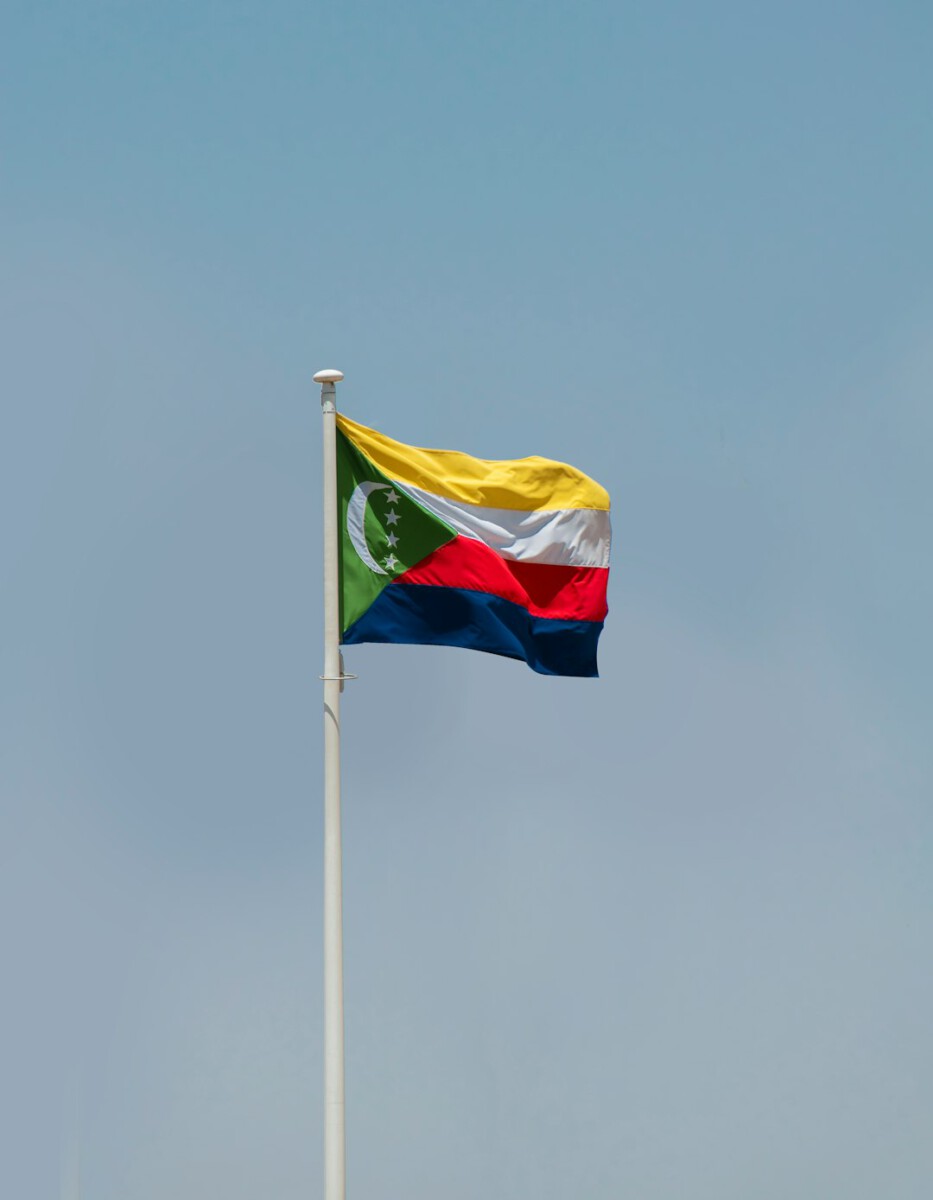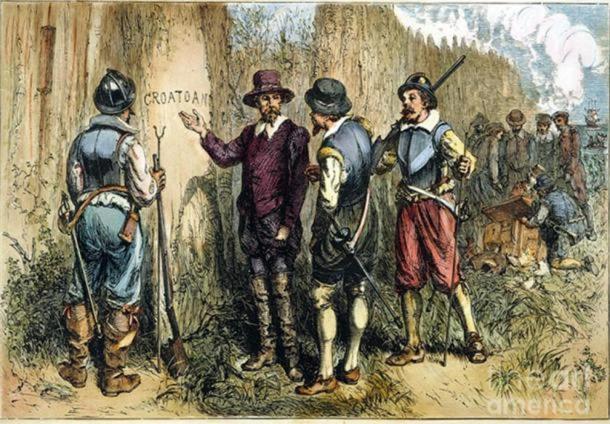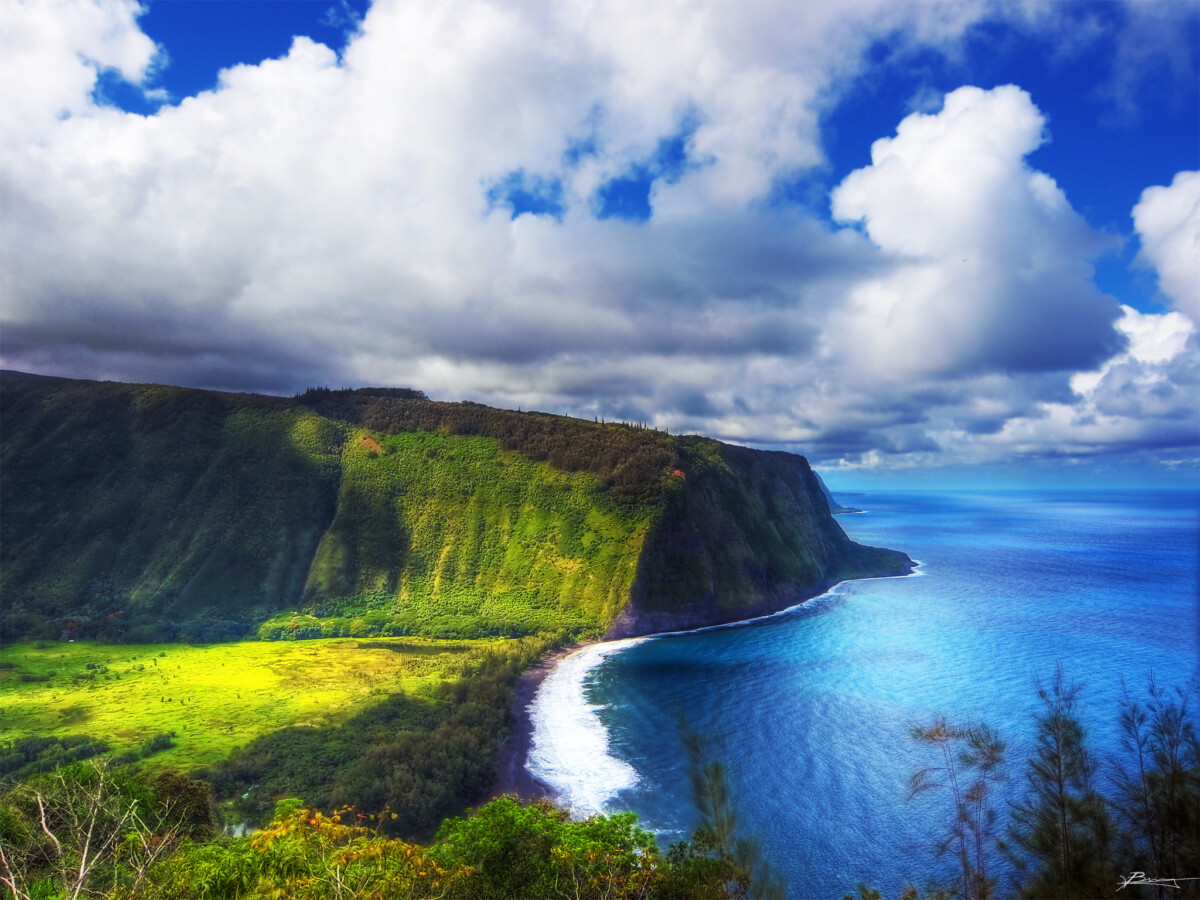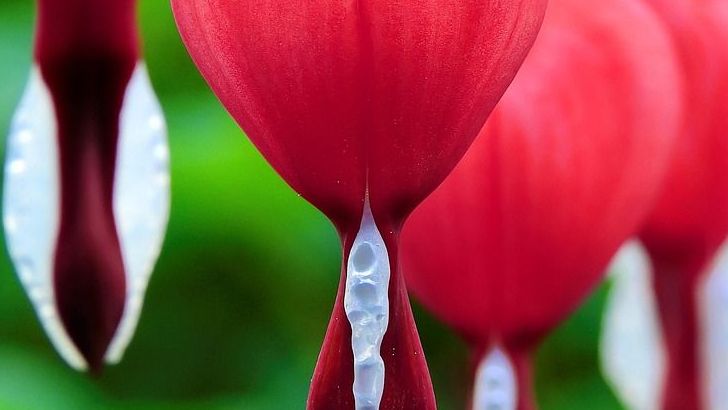A Surprise Honor in Troubled Times (Image Credits: Unsplash)
Amid the quiet tension of an Oslo morning, a single announcement rippled across continents, honoring a woman whose voice refuses to fade even from the shadows.
A Surprise Honor in Troubled Times
Picture this: the Nobel Committee drops a bombshell on a day when the world needed a spark of hope. They chose María Corina Machado, the 58-year-old Venezuelan firebrand, as the 2025 Peace Prize winner. Her story isn’t just about awards; it’s a testament to raw courage in the face of a regime that silences dissent.
Machado has spent years building a movement against Nicolás Maduro’s iron grip. Today marks a turning point, as her nonviolent push for democracy gets the ultimate global nod. It’s the kind of recognition that could rally supporters and pressure leaders everywhere.
Yet, the win comes at a cost. She’s in hiding, dodging threats that make every day a gamble. This prize isn’t a crown; it’s fuel for her ongoing battle.
From Engineer to Opposition Icon
Machado didn’t start as a politician. She trained as an engineer, diving into business before politics called her name in the early 2000s. By 2010, she was in Venezuela’s National Assembly, quickly becoming a thorn in the side of the ruling socialists.
Her big break came in 2023 when she won a primary to challenge Maduro. That victory united the opposition like never before. But the regime banned her from running, forcing her into the underground.
Through it all, she’s rallied millions. Protests she backs draw crowds that shake the streets of Caracas. Her message? Peaceful change is possible, even under dictatorship.
The Darkness She’s Fighting
Venezuela’s slide into authoritarianism feels endless. Maduro’s government clings to power after disputed elections, jailing rivals and cracking down on protests. Human rights groups report thousands displaced or detained.
Machado calls this out loud and clear. She documents the abuses, from food shortages to election fraud, keeping the international spotlight on her country. Her work has inspired alliances across Latin America.
Still, the risks are real. Assassination attempts and exile threats shadow her steps. Yet she persists, using social media and secret meetings to mobilize her base.
Why the Nobel Committee Chose Her
The committee praised Machado for fanning “the flame of democracy” in a darkening world. They see her as a symbol of resistance against rising authoritarian tides, not just in Venezuela but globally.
Her approach stands out: no arms, just words and organization. She’s built coalitions that include diverse voices, from students to exiles. This prize highlights how one person’s resolve can challenge a whole system.
It’s timely too. With elections rigged and freedoms eroded, her win sends a message. Democracies worldwide should take note and support such fighters.
Reactions Pouring In Worldwide
The news hit like a wave. Opposition figures in Venezuela cheered from afar, calling it a morale boost. International leaders, from the US to Europe, voiced solidarity, urging Maduro to respect democratic calls.
Even some unexpected voices joined in. Human rights advocates highlighted her past awards, like the Sakharov Prize, as proof of her impact. Social media buzzed with hashtags celebrating her grit.
- US officials praised her as a beacon for the Americas.
- European parliamentarians demanded sanctions on the regime.
- Latin American allies vowed more regional pressure.
- Exiles shared personal stories of how she inspired their fight.
- Critics of Maduro saw it as validation of their long struggle.
Looking Ahead: Ripples of Change
This Nobel could shift the ground in Venezuela. It amplifies Machado’s call for fair elections and human rights. Donors and diplomats might step up, isolating the regime further.
But challenges remain. Maduro’s forces won’t back down easily. Machado herself dedicated the award to her people, vowing to keep pushing from the shadows.
For now, it’s a win for hope. One woman’s defiance reminds us that light can pierce even the thickest darkness.
In the end, Machado’s story shows that true peace comes from standing firm, not giving in. It challenges us all to support those battling for freedom. What do you think this means for Venezuela’s future? Share your thoughts in the comments.
Key Takeaways
- Machado’s win spotlights nonviolent resistance as a powerful tool against dictatorships.
- It boosts global awareness of Venezuela’s crisis, potentially leading to more aid and pressure.
- Her journey inspires activists everywhere to keep fighting, no matter the odds.







